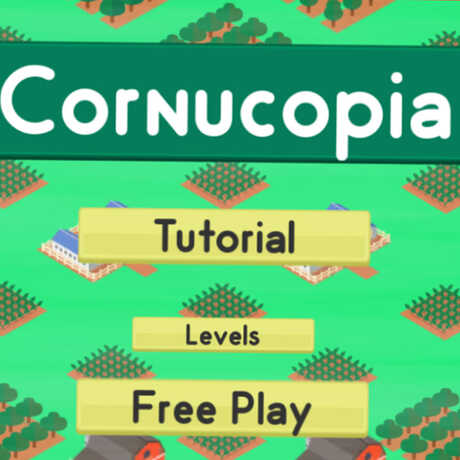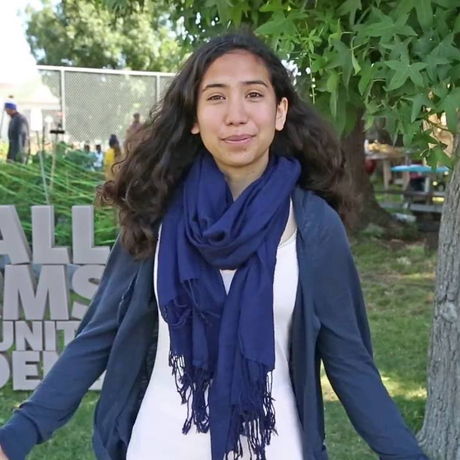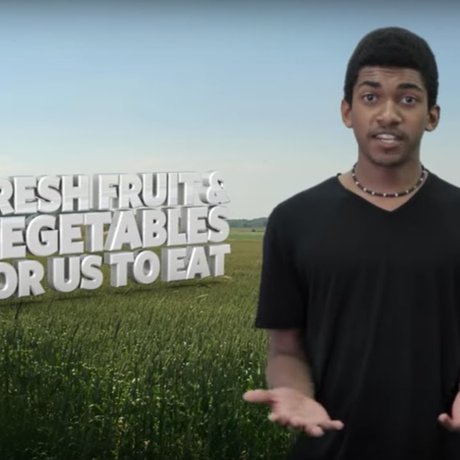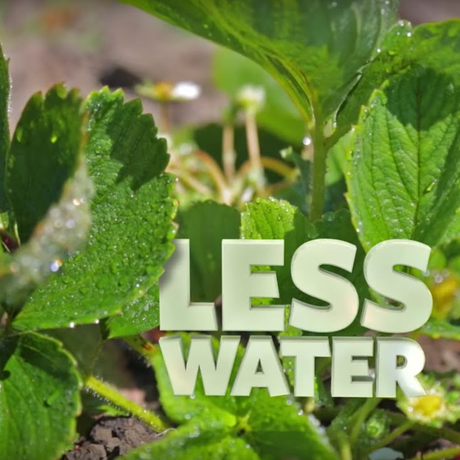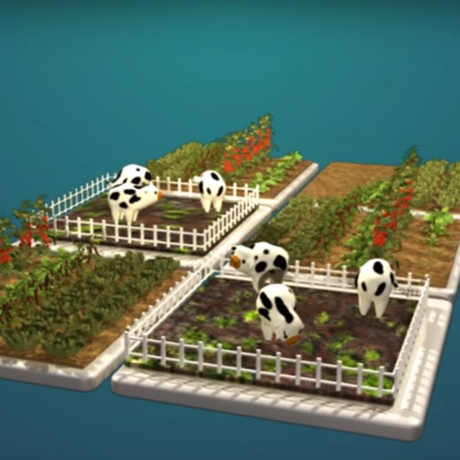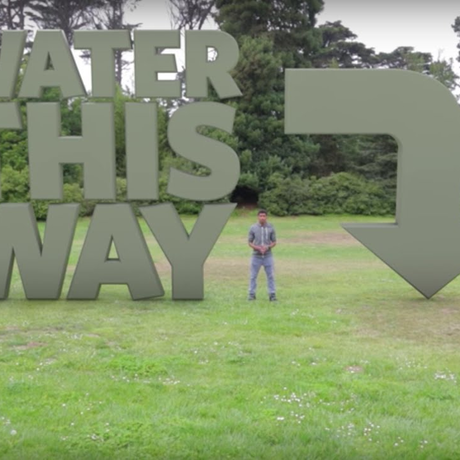Cornucopia is a free STEM education game designed for use in classrooms and out-of-school time programs.
Cornucopia is a free STEM education game designed for use in classrooms and out-of-school time programs. Manage a plot of land, plant crops, and earn technology upgrades to make your farm successful!
A Free, Web-based, Environmental Simulation Game
While playing Cornucopia—a fast-paced farm simulator—you manage a plot of land, planting crops based on a number of factors, in order to meet a variety of food orders. Keep an eye on your water meter and your crop yields, and earn technology upgrades to make your farm as successful as possible before the season ends.
Learning Objectives
Designed for use in classrooms and out-of-school time programs, Cornucopia targets youth in grades 5-12, but can be played by all ages! The game was specifically intended to accompany Flipside Science, a series of free ecoliteracy lessons and videos designed for middle school classrooms. Educators may also find the game useful for earth science, environmental science, or other science units.
While playing Cornucopia, students will:
- Evaluate and compare the water and land resource needs of various crops and animal food sources.
- Identify how changing weather and climate conditions such as drought affect water availability and food production.
- Investigate how agricultural technologies impact water use.
NGSS Connections: MS-ESS3.C Human Impacts on Earth Systems; MS-ESS3.D Global Climate Change; Developing and Using Models
Teacher Testimonials

Feedback from some of our teacher testers:
“...required some real thinking skills and at first the students didn't get very far. After a failure or two, they became much more strategic in their thinking.”
“Students were very much interested in the [“Drought Distress”] scenario because they felt they actually "saw" the impact of climate change on their farms. ”
“The students were surprised at the amount of water to grow one berry, etc. And interested in how it has changed the California landscape. They then could relate to this in the game.”
“The students liked having the ability to chose which agricultural technologies they could use on their farms and would try different ones to see which worked best.”
“...a super fun way to teach science. All of my kids enjoyed the game and I have a wide range of abilities. The game was suitable to all of my kids! Thank you!”
Game Development
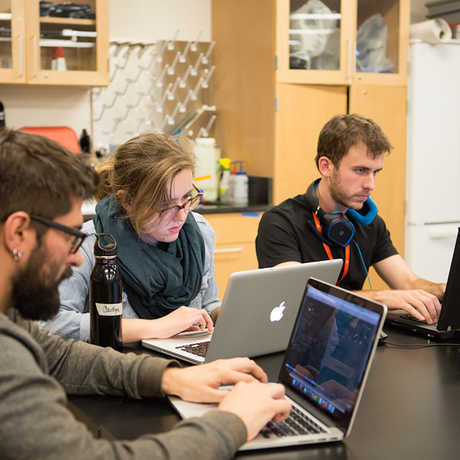
In October 2015, the California Academy of Sciences, in partnership with the National Oceanic and Atmospheric Administration, the White House Office of Science and Technology Policy, and the Smithsonian Institute, sponsored the Climate Game Jam, a weekend-long game creation sprint. During the Academy’s Climate Game Jam, five teams of game developers were challenged to create a working prototype of a game on a specific climate science topic.
Among the games prototyped that weekend was “Cornucopia,” a farm simulation game designed to educate the player about climate challenges like drought, the comparative water requirements of cultivating different crops, and the technological innovations that improve the water efficiency of farming. Created by five independent game developers calling themselves team “Sweetwolf”, Cornucopia stood out for its engaging and colorful gameplay, original soundtrack, and clear connection to food and climate topics.
After the Climate Game Jam, the Academy’s Digital Learning team continued to work with team Sweetwolf to further develop Cornucopia, in order to make it more suitable for a K-12 classroom environment. Emily Cassidy, a food and climate expert from the University of Minnesota, advised on the science behind the game and vetted the scientific accuracy of the game. An educator’s guide was developed for the game, to help teachers easily get started using the game in their classrooms.
In the Spring of 2016, the game was pilot tested by the Academy's Digital Learning TechTeens, by a dozen K-12 teachers in their classrooms across California, and by about 800 youth at three math-oriented youth festivals held in Illinois, Idaho and California.
Related Articles
News from Science Today:
Game Credits
Developed by Team Sweetwolf:
- Ted Aronson, lead developer
- Caitlyn Crites
- Jordan Santell
- Matt Chin
Scientific Review
Cornucopia is a simulation of a working farm. Differing crop yields, water usage, and nutritional values of crops are based on real-world science vetted by Emily Cassidy, a food and climate scientist from the University of Minnesota.
Share This
Food, water, energy—we need solutions to the environmental issues of our day.
Environmental Literacy Initiative, major funding provided by





